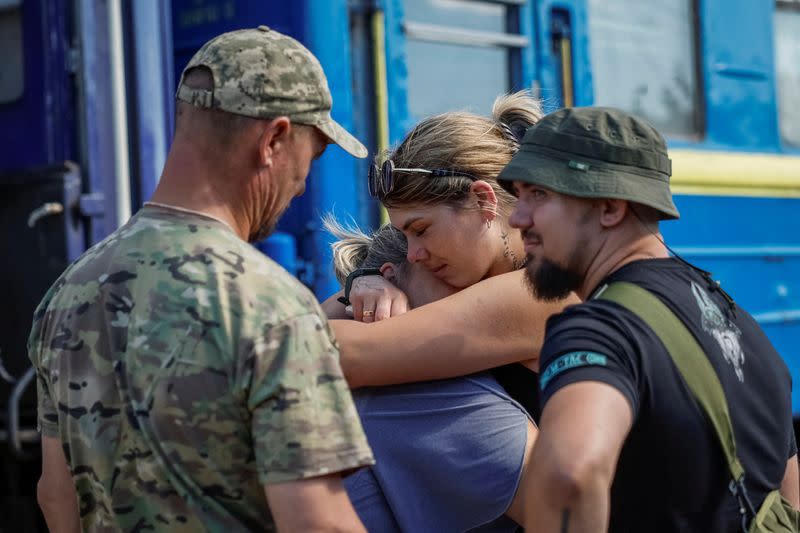Ukraine says Global South nation could host second peace summit

(Reuters) - Ukraine believes a second summit to consider Kyiv's proposals for peace with Russia could be hosted by a country in the Global South, a senior official was quoted as saying by the Interfax-Ukraine news agency on Friday.
More than 90 countries attended the first summit in Switzerland last week as Ukraine seeks broad support for its plan to end the war, which began nearly 28 months ago with a full-scale Russian invasion.
Moscow, which was not invited, described the summit's result - a communique signed by most participants but spurned by India, Brazil and Saudi Arabia in particular - as "close to nil".
"We have several countries [offering to host], and I can say with a high degree of probability that such a summit could take place in one of the countries of the Global South," presidential aide Ihor Zhovkva was cited as saying by Interfax-Ukraine.
Ukraine wants the next summit to be convened before the end of the year, he said, adding that Russia could be invited if it was prepared to consider the road map set out by Ukraine and did not issue ultimatums.
President Vladimir Putin said on June 14 that Russia would end the war in Ukraine if Kyiv agreed to drop its ambitions to join NATO and hand over the entirety of four provinces claimed and partly occupied by Moscow - demands Kyiv rejected as tantamount to surrender.
Zhovkva declined to identify the prospective hosts, saying this would only help Russia to undermine the diplomatic efforts.
Having the backing of most Western countries, Kyiv has stepped up its efforts to win support from the Global South and from Asian countries historically closer to Russia and more ambivalent on Moscow's war in Ukraine.
China, which proclaimed a "no limits" partnership with Russia days before Moscow launched its invasion, did not attend the summit. It portrays itself as neutral and denies supplying Moscow with weapons or ammunition.
(Reporting by Yuliia Dysa; Editing by Kevin Liffey)

 Yahoo News
Yahoo News 
